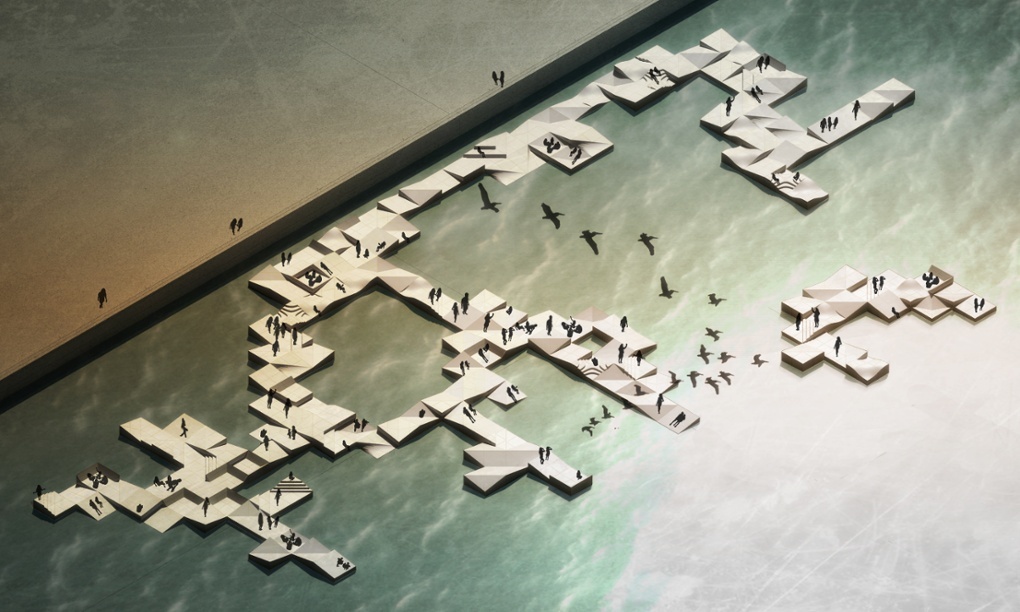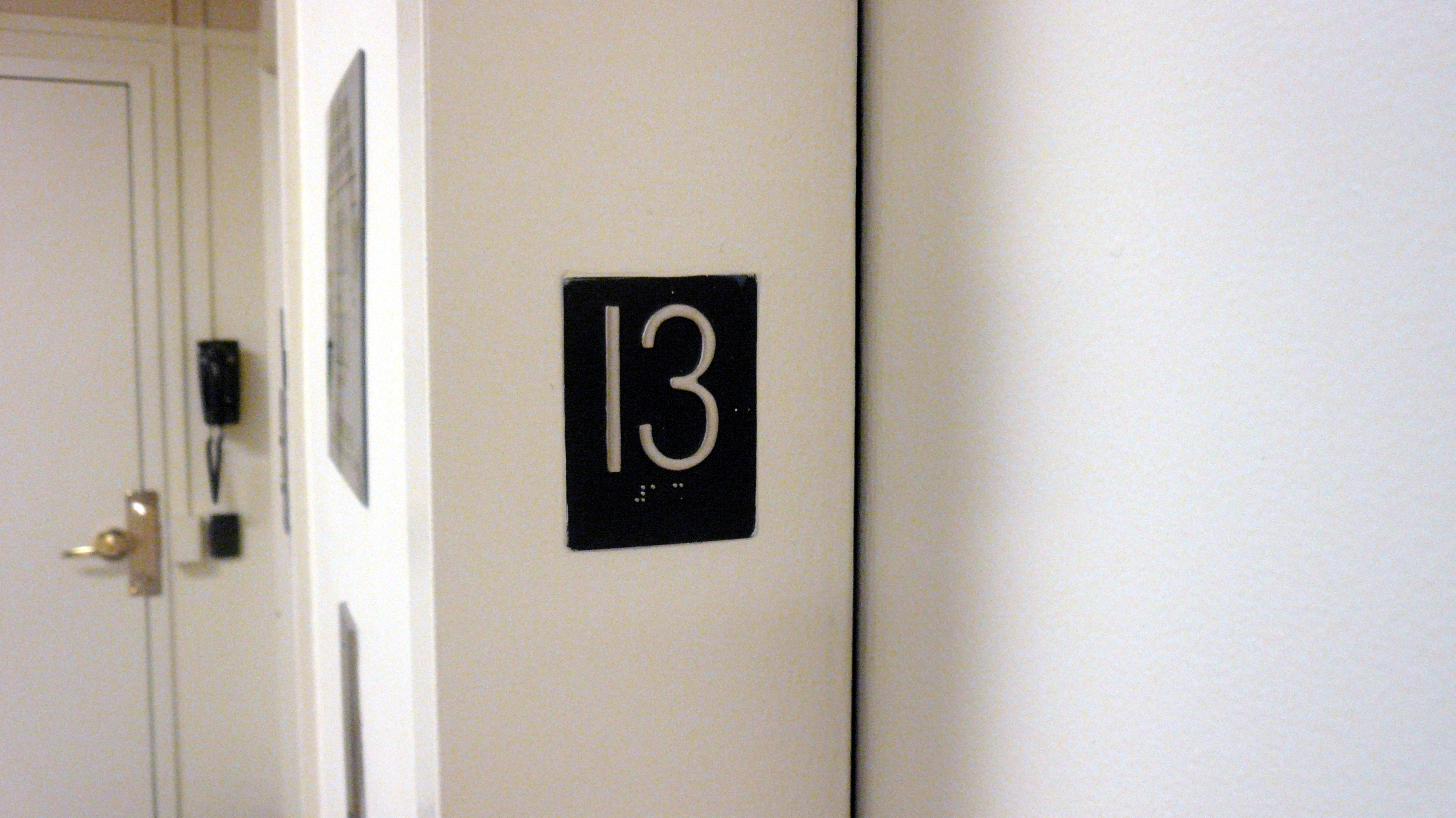The small-scale, DIY nature of Izmir’s modular docks won the project a silver medal in our World Cities Day Challenge. But will they float in big bad Istanbul?

For months, three architects would meet at the waterfront of Izmir, Turkey’s third-largest city. They watched the oil tankers and container ships traversing the Gulf of Izmir, and the boats taking commuters to the suburbs. They observed the concrete barriers at the water’s edge, the forbidding and industrial atmosphere, and the highway that separates water from city.
But they also saw the way pedestrians would stroll on what little space was available to them, feeding pigeons, eating sunflower seeds and taking photos of the bay’s dramatic sunsets. Eventually it came to them – if you really wanted to bring people in Izmir together, transform the waterfront. But the very idea was daunting: Turkey’s bureaucracy is infamous, and a large-scale project to redevelop the waterfront seemed impossible.
So the friends – architects Can Sucuoglu, Elif Ensari and Gudjon Erlendsson, a lecturer at Izmir University of Economics – decided to do something cheap, simple and red-tape-free. They approached Izmir’s chamber of commerce, who gave them a few thousand lira (the equivalent of about £2,000), and used the money to built eight floating docks out of plywood.

Each of the docks is four metres squared, sealed with marine glue and designed to be used for fishing, reading, sunbathing, and as a shaded module for drinking Turkish coffee. There’s even a selfie platform – which, when the team finally launched the floating docks on the waterfront outside the chamber of commerce last summer, proved the most popular of the lot with Izmir residents.
From our partners:
The modules are kept afloat by six plastic air-filled cubes, which have attracted mussels and encouraged other marine life, delighting local fishermen. But it’s the small-scale, DIY, versatile nature of the project that has attracted the most acclaim.
Because the docks are simply tied to the promenade, they can be categorised as boats, which means no major commitment to permanence on the part of the city authorities, and no red tape. “The harbours administration didn’t need to assign security, because the chamber of commerce sent down a guard every day,” said Sucuoglu. “Everyone was happy.”
The docks are modular, in the sense that additional units can be attached as needed, allowing them to extend – both out into the water and along the boardwalk, potentially forming a larger, Lego-like “dockfront” that could allow thousands more Izmirians to experience the sea up close. They’re small so can be towed to areas of the city where seawater is clean enough to swim, and at just £235 each, the idea can easily be replicated on city waterways around the world – part of the appeal to the Guardian judges.

“It’s a great project to interact with the sea,” said the economist Erlendsson, an Icelander who has been living in Izmir since 2009. “The guys who were working the night shift at a nearby restaurant would sit on them to relax after work until four or five o’clock in the morning.”
One of those workers is 25-year-old Sidar Inal, a waiter at Kandemir Kafe. “We used the modules, took photos on them,” he said. “People even ended up sleeping on them.”
“We wanted to give people the idea that they can reclaim the water, that they can occupy the sea and take it back from cars,” said Ensari, who studied at the Southern California Institute of Architecture in Los Angeles with Sucuoglu. Urban waterfronts in Turkey are designed by road engineers, she says, whose sole concern is to ease traffic congestion, not develop public spaces.“All of Turkey has this problem regarding the sea; there’s always a highway by the water.”
Because of Izmir’s reputation as a liberal melting pot, the team felt their project had a better chance of being received by authorities here than in any other coastal city in Turkey.
“Izmir is the most progressive city in Turkey [but] many decisions regarding city planning are made in a highly hierarchical way,” said Ensari. “Our project researches ways to involve people in the process of shaping our cities.”

The team wants to set up floating docks in Istanbul, where several seas come together – and play a key role in urban life. They think the shores of the Golden Horn, a sheltered inlet on the city’s European shores, could be a suitable setting, in part because new public parks have reclaimed much of the shoreline from the grips of factories and shipyards.
Much of the Golden Horn is paved, making access to the water difficult. And whereas in Izmir the docks are protected by a sea wall 400m offshore, in Istanbul no such barrier exists. But those aren’t the main problems. “The bigger issue is the bureaucracy,” said Sucuoglu. “Istanbul is so big, with so many authorities and interests, that navigating the red tape is extremely difficult.”
Regardless, as the Mediterranean coastline continues to urbanise at an alarming pace, demand for integrated public waterfront space that goes beyond boardwalks and fishing will only grow. Floating docks are a cheap, simple way to meet it.
This article originally appeared in The Guardian.














